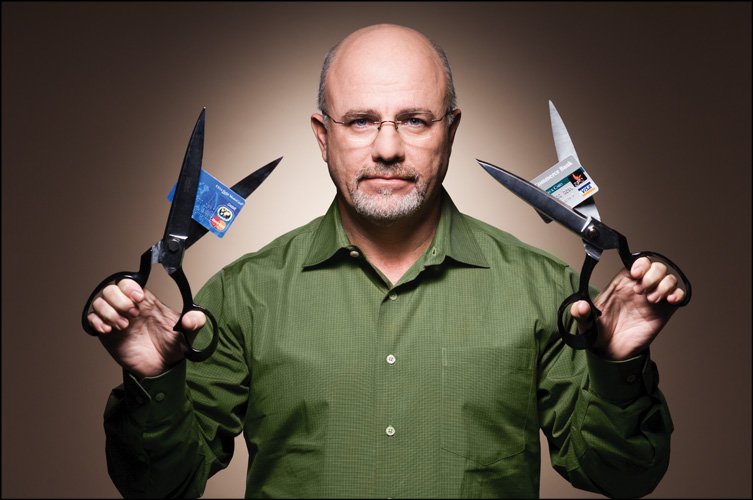Exploring Beyond Dave Ramsey: A Fresh Perspective on Financial Freedom
Introduction:
In our recent podcast episode, titled "Episode 134 - Dump on Dave," we embarked on a critical examination of Dave Ramsey’s widely acclaimed financial strategy, particularly focusing on his “7 Financial Baby Steps.” Our episode presents a unique blend of appreciation and constructive critique, offering an alternative perspective to the financial principles set forth by Dave Ramsey.
The Prelude: Updates and Insights
Before diving into the heart of the discussion, we shared some exciting updates about our recent endeavors, including a potential acquisition of a package of convenience stores in Texas, marking our largest acquisition to date. This context set the stage for a broader discussion about financial strategies and investments.
Dave Ramsey’s Financial Baby Steps: A Critical Review
The core of our episode centered around a detailed review of each of Dave Ramsey’s seven steps, assessing their practicality and relevance in today’s financial landscape. Here’s a synopsis of our analysis:
Save $1,000 for Emergency Fund: We agreed with the importance of having an emergency fund but debated the adequacy of the amount, considering inflation and current economic conditions.
Pay Off All Debt (Except House): While we recognized the significance of eliminating high-interest debts, we critiqued the approach towards low-interest debts like student loans, suggesting a more nuanced strategy might be beneficial.
3-6 Months of Expenses in Savings: This step received our nod for its practicality in offering a financial cushion, though we suggested it’s a fundamental step rather than an advanced financial strategy.
Invest 15% of Household Income in Retirement: While we saw merit in securing one's future through retirement savings, we also highlighted the potential of higher returns through other investment avenues like commercial real estate.
Save for Your Children's College Fund: Our discussion here revolved around the limitations and inflexibility of 529 plans, suggesting alternative investment strategies that offer better returns and more flexibility.
Pay Off Home Early: We disagreed with this step, emphasizing the benefits of positive leverage in real estate and the opportunity cost of paying off a low-interest mortgage early.
Build Wealth and Give: The final step, which suggests a state of financial freedom, was critiqued for its lack of concrete steps on wealth building, underscoring the need for more sophisticated financial strategies beyond simply clearing debt and saving.
Our Perspective: Beyond Baby Steps
Throughout the episode, we highlighted the importance of not just managing debts and savings but actively seeking avenues for income generation and wealth building. Our discussion underscored the need for financial sophistication, risk-taking, and leveraging opportunities in areas like commercial real estate to achieve financial freedom.
Conclusion: A Diverse Approach to Financial Success
In conclusion, we affirmed that while Dave Ramsey’s steps provide a solid foundation for financial stability, particularly for those starting from a negative net worth, aspiring for substantial wealth accumulation and early financial independence requires more aggressive and diversified strategies.
The episode ultimately serves as an insightful guide for listeners at different stages of their financial journey, emphasizing the need to tailor financial strategies to individual goals and circumstances.
To listen to the full episode and gain more insights into our critical analysis of Dave Ramsey's financial principles, tune in to Episode 134 of ‘How to Invest in Commercial Real Estate’ and join the conversation about smart financial planning and investment strategies.

